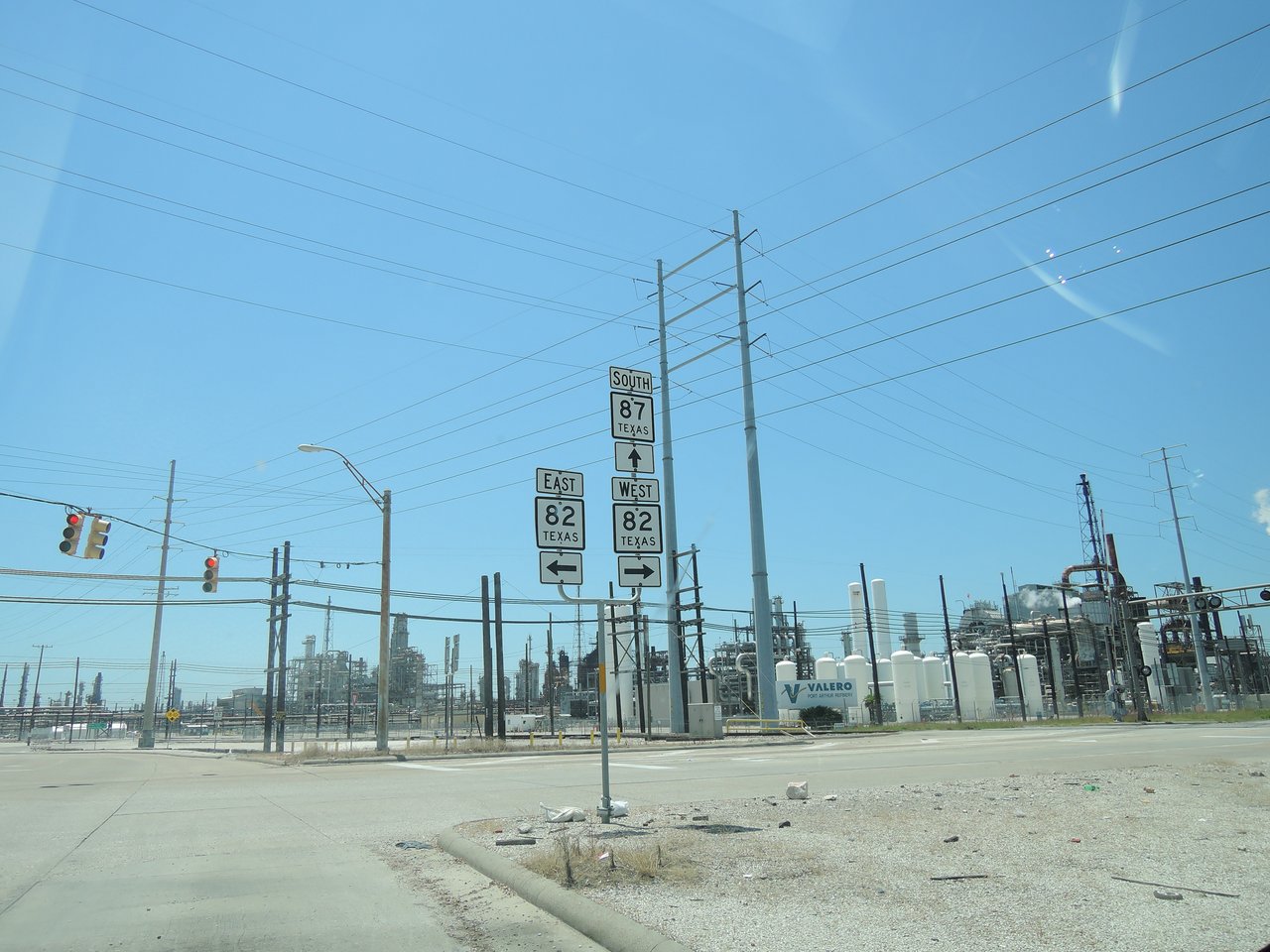Anthropology of Science & Technology
Our core interest lies in developing ‚knowledge after progress‘. (www.knowledgeafterprogress.org) Our hypothesis is that ‚progress‘ – understood as the habitus of Western modernity – prevents us from producing the ecologies of expertise necessary to transform the planet and its societies and ecosystems towards a more sustainable and just natural, social, and moral order. Progress comes with a particular way of knowing the world, framing problems, and developing solutions. This way is shaped by fundamental beliefs in growth, linear development towards betterment, and rationality. Useful as this may be in many regards, it has its limits: in reflecting its own colonial and capitalist conditions of production, in addressing complexity, in appreciating forms of knowledge, expertise, and experience beyond the local universalism of Western technoscience, and in acknowledging and turning generative its own social and historical contingency.
We are, therefore, trying to pluralise the notion of progress such that ‚knowledge after progress‘ becomes a set of epistemic practices that are able to address the major challenges of our times differently: carefully, collectively, cooperatively, and with the ability to allow for epistemic pluralism – across scientific disciplines, across science and society, across significant global differences.
Our main object of research is ‚green chemistry‘ or sustainable molecular design. We belief that chemistry needs to be transformed to become an important driver of a planetary social-ecological transformation. Chemistry articulates and shapes the material basis of our society, economies, and environments. As a complex set of actors involving science, industry, regulators and increasingly social movements, chemistry has been instrumental in driving modern industrial revolutions. It is now time chemistry transformed itself to become transformative for planetary social-ecological systems. With our anthropological work we want to contribute to this process in at least three ways:
1. We conduct ethnographic research to understand the everyday practices of chemical knowledge production and chemical risk governance in Germany and beyond, today, historically and in its imaginaries.
2. We work in and with chemistry labs to collaboratively reflect how fundamental societal questions of justice, moral order and social equality can be made to matter, i.e. can be made relevant at the level of molecular design. How can materials help us to make the material basis for a better world?
3. We work with chemistry, regulators, economists, and industry to affect an epistemic shift towards ’simple elegance‘ (Anastas & Zimmerman 2016) and away from ever more complex and sophisticated products and processes.
If you are interested in ‚knowledge after progress‘, green chemistry in a broad sense, or sustainable molecular design, please do get in touch.



